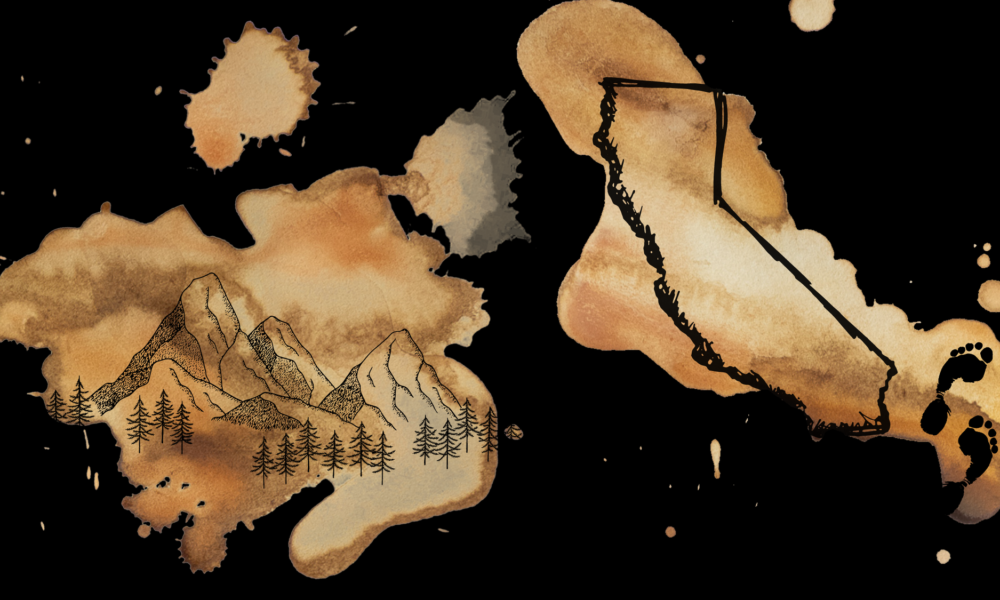CSULB’s Department of Communication hosted “Here There Then Now” on April 23, discussed the relationship between land and those who lived on it originally, the language people use for it and honoring these spaces.
The event, presented by the Student Communication Association, American Indian Student Council and the Office of Multicultural Affairs, featured four panelists including the mother-daughter duo Jessa and Tina Calderon, Tongva community members, Dr. Phaedra C. Pezzullo, an advocate for environmental and social justice and author of “Toxic Tourism: Rhetorics of Pollution, Travel, and Environmental Justice” and Dr. Constance Gordon, an assistant professor in communication studies at San Francisco State University.
Jessa Calderon is a singer, songwriter, emcee, poet and author while Tina Calderon presents at local schools and community functions, and leads community circles of native women and youth.
Jessa Calderon performed her song “Scars of a Warrior: They Called Us Mission Indians.” The song describes the experiences indigenous people lived through in California during the mission era, “American era” and now.
The song lyrics said, “missionaries beat you to take on their civilized ways like in the bible. Pick a name and forget your life is what they say,” and describes what the indigenous people of California endured at the hands of the missionaries.
Her second song, “Home of the Brave” talks about the indigenous perspective of when Columbus claimed he discovered America.
“What gives immigrants the right to tell the indigenous, ‘You can’t be here no more,” Jessa Calderon’s song said. “That’s hypocrisy at its finest.”
“I am on the Tongva language committee and we are reviving our language,” Tina Calderon said. “I do feel it is so critically important because it connects to the lands, to the waters, to the air, to everything that grows here.”
Calderon added that “every location had its name.”
“We are still trying to educate people about that and go back to the original names,” Calderon said. “We don’t ever just say ‘Cal State University Long Beach,’ we always say ‘at Puvungna.’ It is so important to acknowledge the territory and the ancestors that came from the territory.”
Panelists discussed how many people do not acknowledge the land they live on or the language and terms used to describe it.
Another key point the panelists touched on was restoration.
Dr. Gordon, who focuses on gentrification and food justice, shared that there is responsibility that comes with restoration as a settler.
Dr. Gordon also talked about the work of urban indigenous women who help transform colonialism, genocide and patriarchy in order to return the land to indigenous people.
“Restoration is an imaginative force of reconstituting new ways of being in the world that challenge these dominant world views, these dominant stories,” Dr. Gordon said. “The ones that have become so taken for granted, that we don’t often see, that they exist that are part of our everyday lives like driving on the 405 [freeway].”
A correction was made to this story on April 28 at 12:55 p.m. to remove a paragraph that incorrectly attributed a quote about the 405 Freeway to Dr. Phaedra C. Pezzullo, who not only made no comments about the 405 Freeway, but has never been to that freeway as clarified at the event. This was at the fault of the editor, not the author. Furthermore, the paragraph misrepresented a statement Dr. Pezzullo later made about the origins of the word, “the ghetto.”
Editor’s Note: While Associated Press Style guidelines do not permit the usage of “Dr.” in titles unless referring to a medical doctor, the editor is making an exemption.




